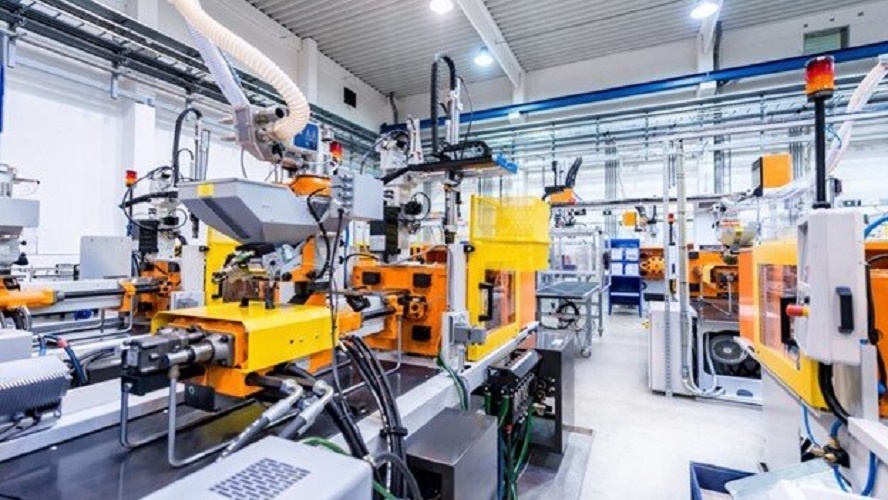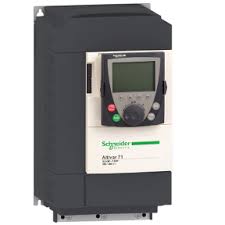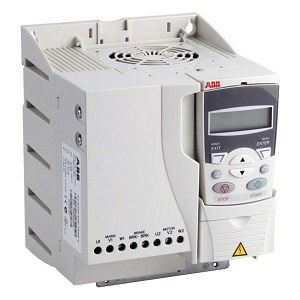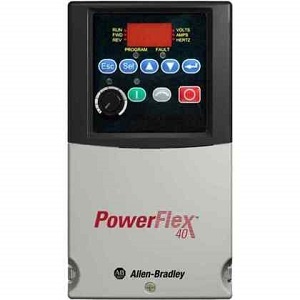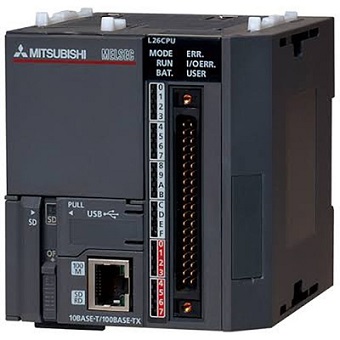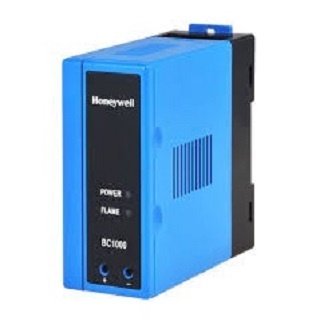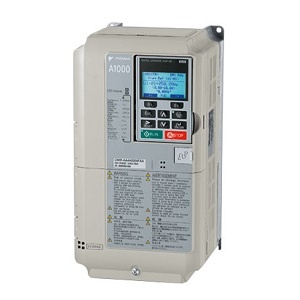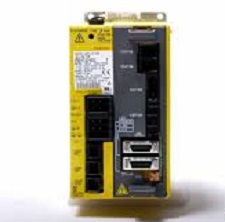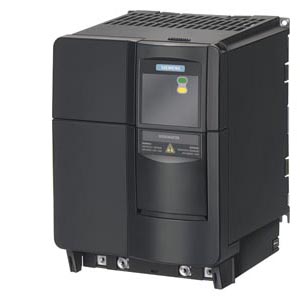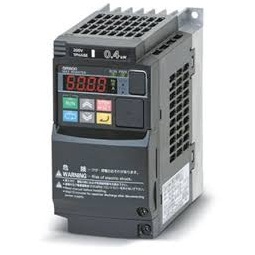Explore the top 10 companies shaping the future of Industrial Automation.
The industrial automation has revolutionized the manufacturing sector, changing processes and taking product quality and productivity to new heights. The rapid advance of technology saw many visionary firms emerge as the top industrial automation companies in the world offering innovative solutions for industries and even entire process chains.
Siemens AG
Siemens AG is a global technology powerhouse that excels in multiple areas, including industrial automation. Over 170 years of industry experience has secured Siemens’s status as a key player in the industrial automation industry. They offer a full range of products and solutions, from industrial software through control systems and drives and motors to robotics. Their unique approaches, innovative technologies that include special-purpose industrial motors, and the sheer quality of their solutions that ensure seamless integration, precision control, and enhanced operational efficiency have made them one of the top choices for businesses in need of industrial automation.
ABB Ltd
ABB Ltd is a pioneering technology leader that specializes in power and automation technologies. Their solutions help industry, transportation, infrastructure, and utility customers to operate in a sustainable fashion. ABB has developed some of the most extensive industrial automation systems in the world that make industries more efficient, including robotics and other motion control solutions, process automation control systems, and industrial IoT solutions. Their steadfast commitment to innovation and dedication to delivering high-quality service has earnt ABB a place among the top industrial automation companies worldwide.
Rockwell Automation, Inc.
Rockwell Automation, Inc. is a world leader in industrial automation and information solutions. They provide a wide range of products and services, such as control systems, industrial software, and industrial networking. Rockwell Automation’s integrated control and information architecture enables a connected enterprise that is their vision of the industrial internet of things. This enables businesses to close the loop between production and other parts of their business to achieve operational excellence, as Dr. Arturo Condo of Rockwell Automation defines it and thereby improve productivity. And Rockwell Automation is focused towards sustainable production which means everything that is good for nature and mankind as we know them.
Schneider Electric
Schneider Electric SE is a global corporation specializing in energy management and automation solutions. As an industry leader in digitization and sustainability, Schneider Electric offers cutting-edge automation technologies that improve energy usage and empower intelligent decision-making. Their wide-ranging portfolio of products includes industrial control systems, sensors, software platforms, and analytics tools. Together, these technologies enable businesses to achieve a wide range of energy efficiency, reliability, and sustainability targets.
5. Honeywell International Inc
Honeywell International Inc. is a diversified manufacturing and technology company with a significant footprint in industrial automation. Honeywell offers a vast array of automation solutions for industries as diverse as aerospace, manufacturing, and oil and gas. Products include advanced process control systems, safety solutions, industrial cybersecurity, and intelligent field instruments. Honeywell’s comprehensive expertise in automation and control technologies equates to optimal operational performance, safety, and regulatory compliance.
6. Mitsubishi Electric Corporation
Mitsubishi Electric Corporation is a global leader in industrial automation. The company’s products and solutions include an array of PLCs, HMIs, robotics, and drive systems. Mitsubishi Electric’s automation technologies bring precision, stability and flexibility to customers’ manufacturing processes, enabling them to increase productivity and operate with greater efficiency. A relentless focus on continuous improvement and innovation has solidified this company as an industrial automation mainstay.
7. Yaskawa Electric Corporation
Yaskawa Electric Corporation is a Japanese company with expertise in motion control and robotics. The company’s advanced automation solutions — for industries including automotive, electronics and healthcare — include robotics that are renowned for their precision, speed and flexibility. This enables companies to streamline their production lines and operate with maximum efficiency. A steadfast dedication to quality and innovation has made Yaskawa Electric a major player in industrial automation.
8. Fanuc Corporation
Located in Japan, Fanuc Corporation is a global leader in industrial robots, CNC systems and factory automation. Their robots are designed to provide a number of services to manufacturing as for instance for assembly and material handling, palletizing, painting, welding, and so on. While they also produce robot controllers, compact robots, and software for their robots.
9. KUKA AG
Headquartered in Germany, KUKA is a leading company in the fields of robotics as well as plant and system engineering. Offering customers a wide range of products and services, they provide everything from robotics for the automotive industry and CNC controllers for machine tools to entire systems for customers in other industries such as the aerospace and logistics/warehousing sectors. This is especially true for KUKA’s high-tech controls, which are a major part in their CNC controllers.
10. Omron Corporation
Based in Japan, Omron Corporation is a global leader in the development of industrial automation components, offering products such as Control devices, including programmable controllers, rotary encoders, lamps, timers, transformers, power supplies, and digital display units; Interactive displays, including touch screens, flat-screen input devices such as light-pen and light-sensitive units; Automation control systems, including PID control systems, automatic process controllers, safety control systems, flexible manufacturing systems, process control management systems, communications software, two- and three-dimensional vision sensors, high accuracy and high-speed vision sensors, sensor amplifiers, and temperature controllers; and Process equipment, including digital multisensors, microwave moisture monitors, microwave information monitors, particle size monitors, and viscosity monitors.
With sustainability and digitization on their minds, industrial automation companies are driving much of the evolution in the space. It is a collection of manufacturers that are moving to the forefront of this corner of manufacturing. They understand that automation in the industrial internet of things age is about more than simply building a better mousetrap; it is all about building a solution that is smart and connected. As these companies partner with one another and with companies in other industries — including forward-thinking manufacturers — it will lead to more and more productive manufacturing operations with similarly improved cost structures and competiveness on a worldwide basis.
Frequently Asked Questions:
How do industrial automation companies help companies achieve greater productivity?
Simply put, industrial automation companies develop advanced technologies that make it possible for manufacturers to do things with robotics, control systems and software platforms that they have not been able to previously. These technologies provide unparalleled levels of control, the seamless integration that manufacturers have been seeking for years and the kind of real-time monitoring that allows manufacturers to build better products faster and more efficiently than ever before.
Are these automation solutions only suitable for Fortune 500s?
Actually, the best of these industrial companies are those that offer scalable solutions that can be easily integrated with existing systems and that meet the needs of their clients — regardless of their size. They know that small and midsize enterprises have very specific needs and constraints, so they offer automation systems that are cost-effective, acquirable and practical.
Which industries benefit the most from industrial automation?
The industries that have the most to gain from automation are many, including automotive, electronics, pharmaceuticals, food processing and logistics. Essentially, if a given manufacturer produces things in bulk, needs to have a lot of different things come together to form one new whole, and/or needs to have a high degree of precision come into play to make it happen, industrial automation technology can automate that process to improve quality, productivity and safety simultaneously.
How does industrial automation make a workplace safer?
Smart sensors and other technologies associated with the industrial internet of things can provide a level of insight into their processes that industrialists could only dream of. This helps to limit the generation of dangerous conditions in the production environment. In addition, robots and machine vision systems eliminate things like heavy lifting, working with dangerous chemicals and human error and make it easier for manufacturers to comply with occupational safety standards.
What’s in store for the future industrial automation? It looks increasingly rosy. Advancements in AI, machine learning and robotics will only deepen automation’s influence, as will the integration with newer technologies like edge computing, 5G and augmented reality. In other words, expect smarter, more connected factories that boost productivity, flexibility and sustainability.

